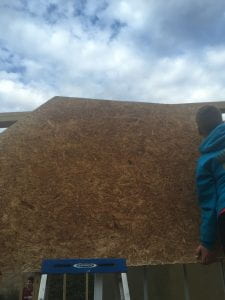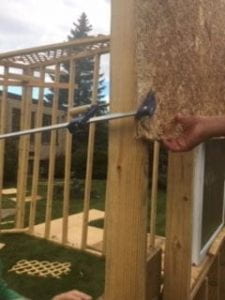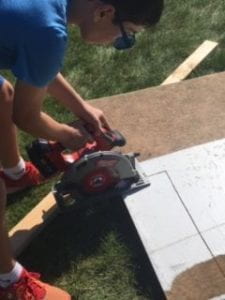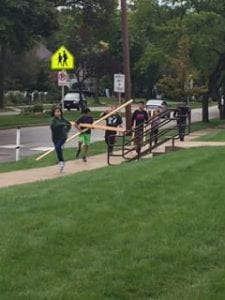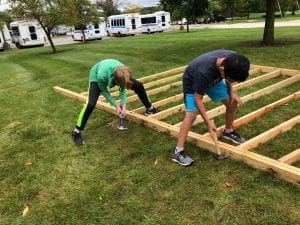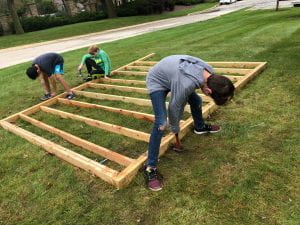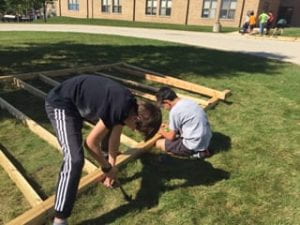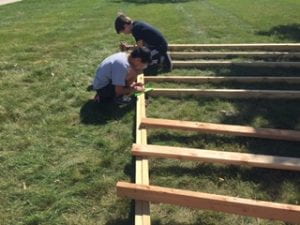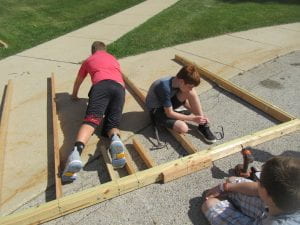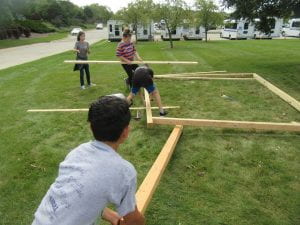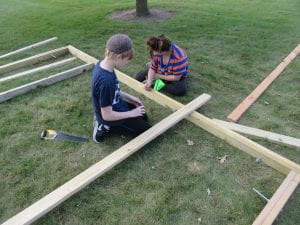-
As someone in this experience, tell your story. Describe your experience. Tell us about the highs and the lows. What were your major take-aways? What did you learn? How did you like it? Be sure to explain your answers. In my opinion, the economy was really fun even though I didn’t get payed a lot, I still enjoyed it. I think it was fun because it was kind of like being an adult, but you were more free, and their weren’t to bad consequences (besides for silent lunch).
-
How did your character’s role/situation in the game affect your ability to take care of yourself? Think about your income, job, rent, the amount of money you had, any loans you took out, and your health situation. Well, it was kind of harder for the people that didn’t get paid a lot, especially if they ended up having health issues in the game. It was much harder for the to pay for their health care AND their rent because they didn’t get paid enough.
3. What aspects of your character’s life encouraged success? What aspects of your character’s life brought about failure? Explain how that process worked. I got other jobs in the game that also paid me. One of them paid me $100 per month, and another was $20 a month.
-
What attempts did you make to improve your character’s life? How successful were these attempts? How difficult were those attempts and why? Getting the other jobs. Though they still didn’t appear to be too helpful. But they still might have been.
-
In bullet points, write a list of what you learned about poverty from this activity. Be sure to include a brief description next to each item about what you learned, explaining your learning/thinking.
-
Taxes: Things that you have to pay that go to the government.
- Rent: Money that you pay for your house (table, chair), etc…
- Utilities: What we pay for water, and stuff like that.
- And how to right a check.
- And how to do more stuff on google forms.



